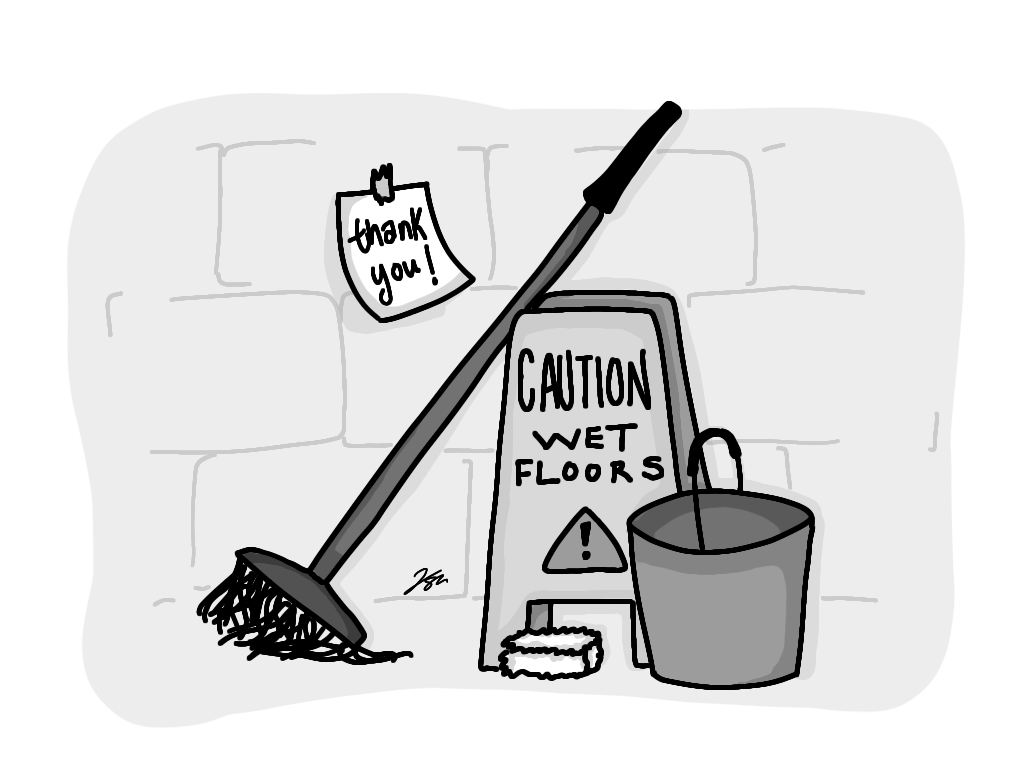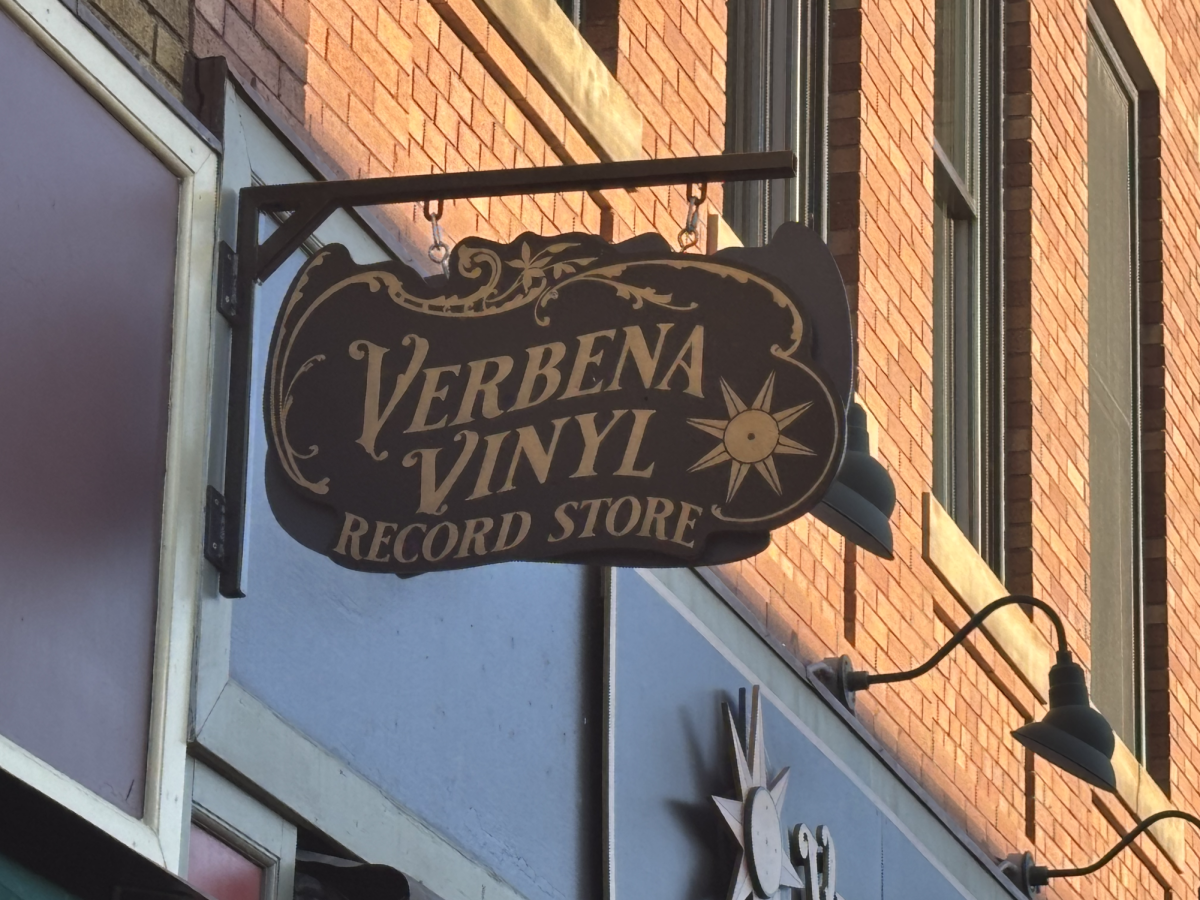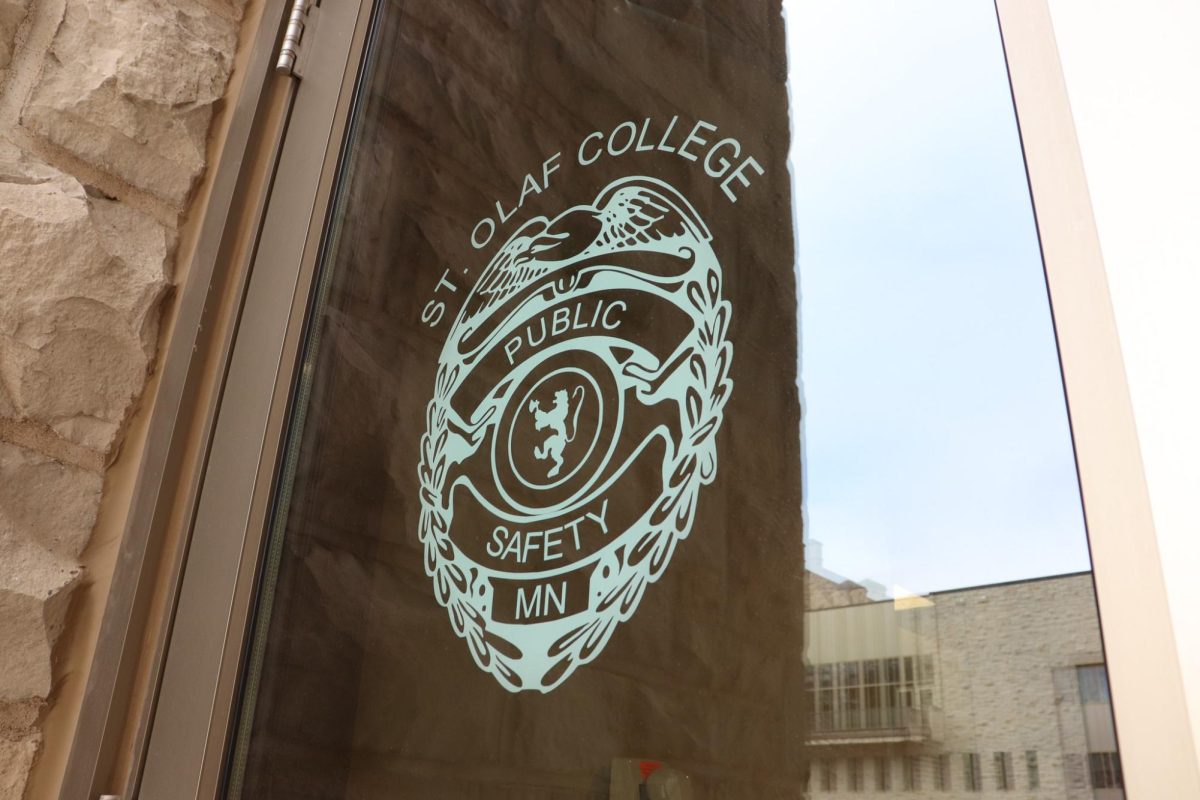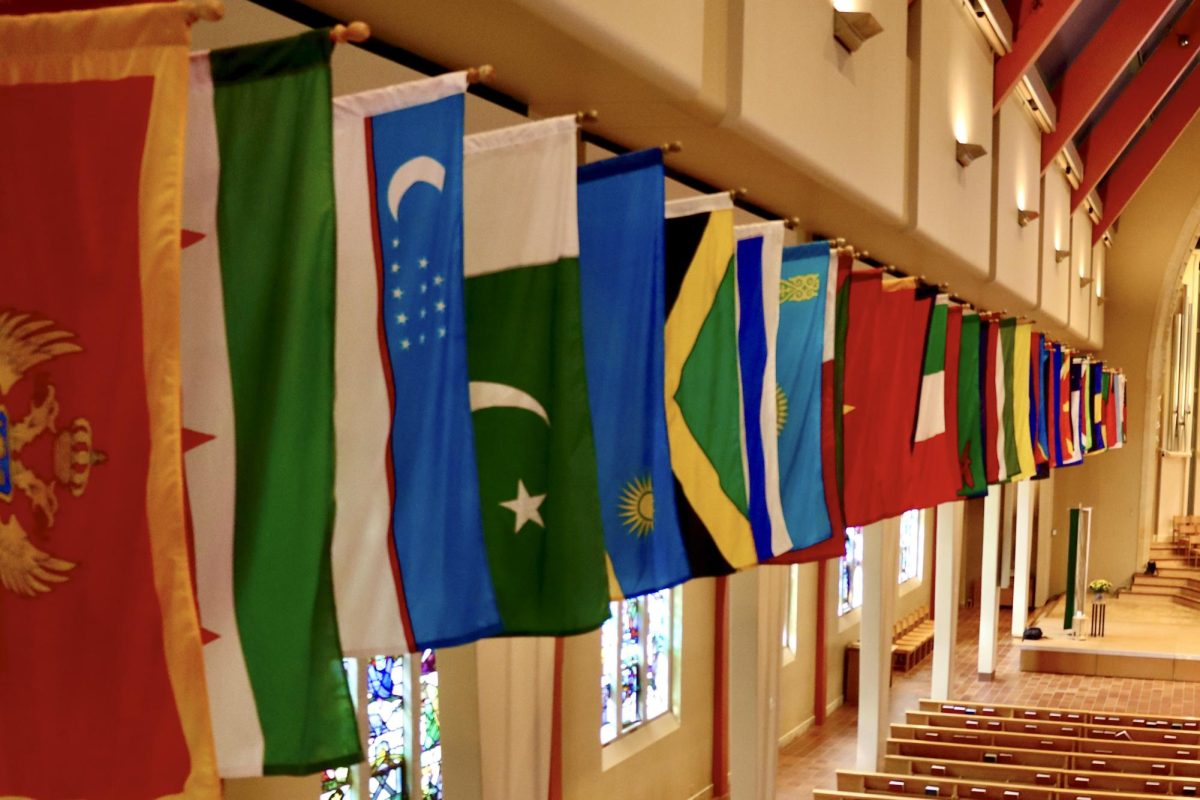On Thursday, April 13, the Sexual Assault Resource Network (SARN) hosted St. Olaf’s annual iteration of The Clothesline Project. This public display entailed survivors of sexual violence anonymously writing messages, offering sentiments or sharing their experiences on t-shirts which were then hung on a clothesline in the Buntrock Commons Crossroads. It was the first community program for SARN’s Sexual Assault Awareness Month.
The activity is based on a national “Clothesline Project” that began in the 1990s. According to the project’s official website, the project began when a small group of women in Cape Cod realized that while “58,000 soldiers died in the Vietnam War, during that same period of time, 51,000 women were killed” through interpersonal intimate violence. The women started the Clothesline Project to create a visual representation of the wide array of women’s sexual violence experiences, as well as to raise awareness of widespread but little-discussed violence against women. The original project, consisting of 31 shirts, grew into a movement involving over 41 states within the United States as well as communities in Lebanon, Grand Cayman, Namibia, Canada, Germany, Taiwan, Australia and New Zealand.
According to ClotheslineProject.org, the practice “acts as an educational tool for those who come to view the Clothesline; it becomes a healing tool for anyone who makes a shirt – by hanging the shirt on the line, survivors, friends and family can literally turn their back on some of that pain of their experience and walk away; finally it allows those who are still suffering in silence to understand that they are not alone.”
SARN has run St. Olaf’s version of the project for at least the past four years. While it maintained similar goals to the original Clothesline Project, the student organization changed some of the executive characteristics to refocus the activity for all survivors, not just women. While the original project color coded the t-shirts by experience, the St. Olaf clothesline provided white and gray shirts only. The invitation to members of the St Olaf community to participate, sent by Facebook event invitation and by email, specifically clarified that the project welcomed “all survivors of sexual violence…regardless of gender identity.”
Participants could send in their stories ahead of the event to SARN advocates through an anonymous Google form. Portions of their stories and comments were written on the shirts, with the full story saved for a later display alongside the shirts. Alternatively, participants could go up to the SARN table during the event, write on a shirt and then add it directly to the clothesline.
SARN advocates estimated that they began the event with 18 shirts from anonymous submissions and ended the event with 26 due to strong community involvement. During the event, they played supportive and resilient anthems on loudspeakers, provided information on the national Clothesline Project and handed out playdough for participants to use, as well as information on SARN resources and upcoming events.
The purpose of the event was two-fold. For survivors, it was about reframing their experiences, so they could heal through writing and take back their agency. For the rest of the community, it was to make the statistics of sexual assault more real by putting community members’ anonymous stories on display. The t-shirts included a variety of stories, circumstances and roles, as well as comments targeted towards perpetrators and advice to fellow survivors. The SARN advocates at the table commented that it helps to show that there is more than just one experience of sexual violence; each shirt displayed a different perspective or experience. There are many forms of sexual violence and the survivor determines what does or does not fall into that category.
Students received the shirts well, pausing in Crossroads to read them from end to end. Some escorted their friends to the table to write their shirt and then helped them to add it to the clothesline. Others took pictures of the shirts that most deeply impacted them and later uploaded them to social media. A student told the SARN advocates that they hadn’t realized so many Oles had experienced some form of sexual violence, and it was a good reminder to be careful of what you say and joke about because you don’t know who will hear you and what they have experienced. Another student commented that they felt frustrated by some students’ disrespectful sneers at the display.
The shirts and their accompanying stories will be hung in the hallway between Buntrock Commons and Rolvaag Memorial Library for the week of April 16 – 22. SARN’s other Sexual Assault Awareness Month activities will resume the week of April 18, including a candlelight vigil, a survivor panel discussion, a pizza fundraiser and a Wellness Center Event.





